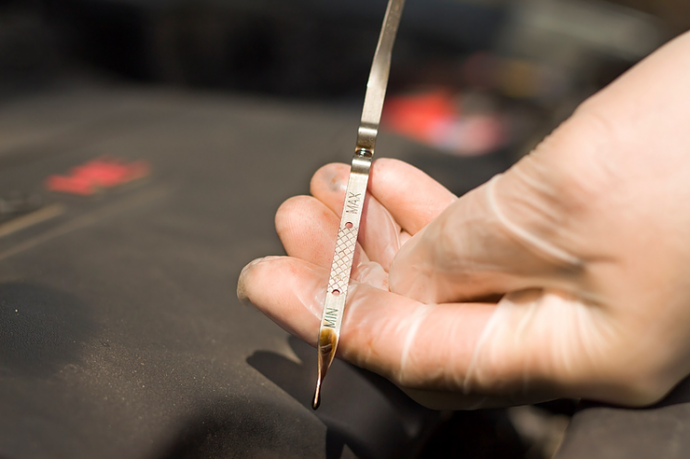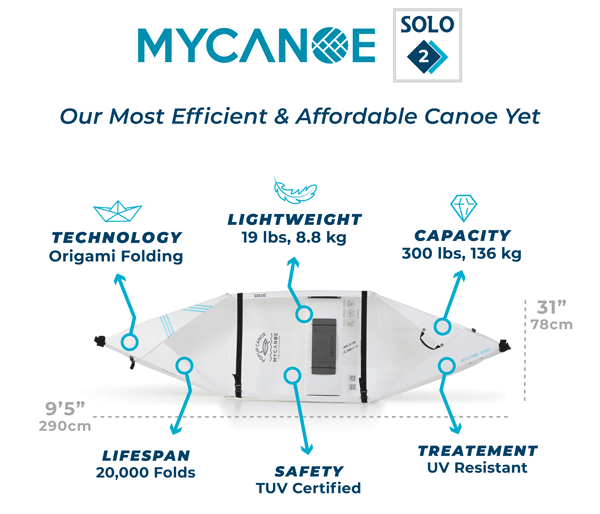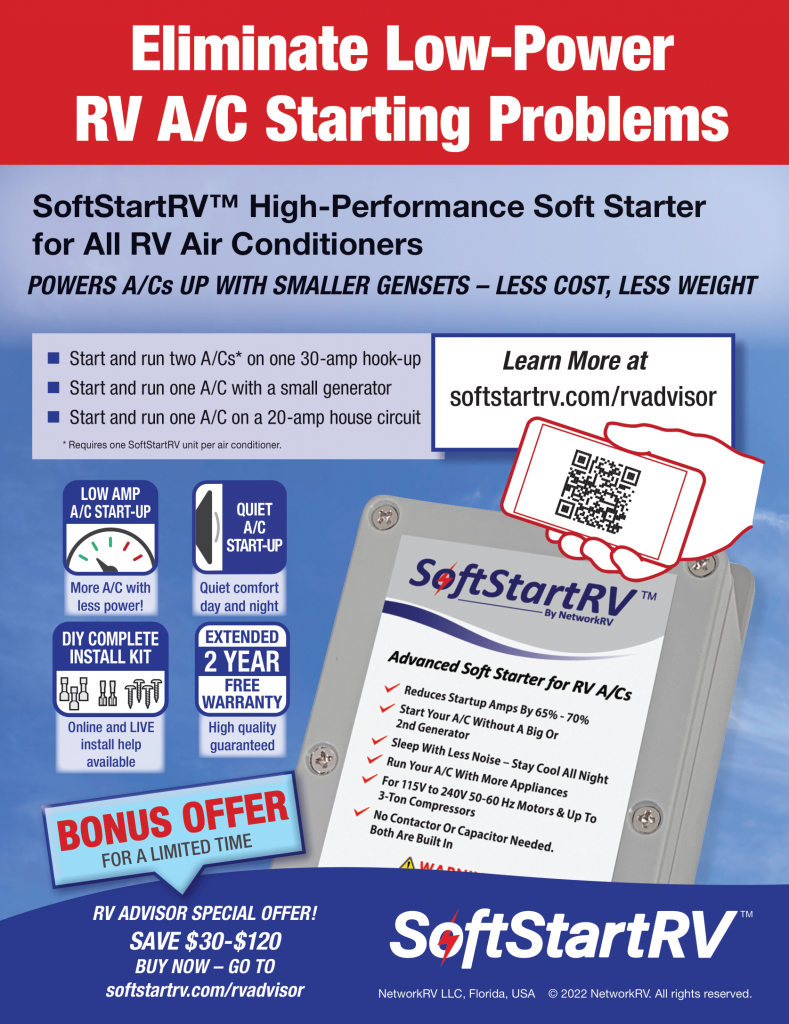Want to enjoy a long trip on the road? Keep your eye on your oil.
RV owners know many tasks require their attention if they want to keep their RV running. The status of your oil is arguably the most important of them all. It can be a dirty job, but it doesn’t have to be a chore.
Today we’re answering some common questions and providing tips on how to keep your rig running clean.
How often should the oil be changed?
The most obvious question has a few conflicting answers. A general rule of thumb is consulting the RV’s owner’s manual and reference the warranty agreement. This forum shows this to be a solid way to do it, although the mileage count that demands an oil change can differ widely; either 3,000 or 4,500 miles in some cases.
Some RVers choose to follow the “six-month rule” and change the oil then, regardless of how high or low the mileage count. It’s clear that the sweet spot for an oil change sits between two poles – manufacturer’s recommendation and RV owner’s intuition. The demands of the RV life are different from driver to driver, so use your best judgment when you select the approach that fits you best.
Not everyone runs their RV on a regular basis. If yours has been sitting idle for a while, it’s a good idea to check your oil before you fire the engine back up for a trip, no matter how short it might be.
Is oil changing my RV expensive?
It’s always difficult to predict the price tag on a service. The figure can differ widely depending on the types of components you use and whether you can perform the service yourself or require a second party. If you’re buying an RV for the first time, you may be able to get free oil changes for a year thrown in.
The RV Forum Community records that prices can be as low as $150, though the average cost seems to hover between $300-$500. Owners have the option of changing their oil at their dealer or a truck stop, with prices commonly being lower at the latter.
Even if the oil change does cost more than you’d like, the real savings rack up when you consider the problems you’re preventing by taking care of it. Overheating, loss of efficiency, and corroded or warped components can put an expensive hold on your RV lifestyle.
How difficult is it to change my oil?
If you’re able to change the oil in your car, then you’ll be glad to hear it’s not all that different. The big difference is literally a big one. The greater size of an RV makes oil changing (especially the draining part) a larger job. There are many YouTube videos that will walk you through the various steps if you can tackle it yourself, which include utilizing your owner’s manual and maintenance schedule, a few pros and cons and the importance of having your RV on level ground.
Tools like a wrench and socket set, an oil drain valve, and a tarp to lay on are essential. Warm up your engine once it’s level and drain the oil into either a very large multi-gallon pan or multiple single-gallon ones. You’re then ready to add in the brand-new oil gradually.
Next, replace your dipstick snugly at regular intervals and check the fluid line. This will help ensure you’re not overfilling with new oil. When all the steps are complete, you should start up your RV and run it for a couple of minutes. Check with the dipstick again. If your oil is below the full line (a sign your oil is still settling) you can add some more.
Remember to change the oil filter every time you change the oil. Finding the right oil filter will depend on the make and model of your RV, but prices tend to range from $10 to $30 on average.
Never throw your old oil away carelessly. The importance and benefit of recycling it far outweigh the temporary inconvenience of delivering it to the proper outlet. This service will help you find a recycling operation near you.
Does the type of oil used make a difference?
Synthetic or conventional oils do make a difference in how your engine performs and thus on your oil change needs. Synthetic oils typically perform more effectively under lower or higher temperatures, as well as offering improved performance under heavy loads or at higher speeds.
There’s a payoff for these benefits if you run on synthetic or are considering a switch: it can be three times more expensive than diesel. It’s an extra expense that’s offset by long-term savings if you’re willing to upgrade from standard fuels. This greater expense is also more sensible if you use your RV on a regular basis.
The case for diesel
Standard diesel oil is probably best suited if you only take a few RV trips a year. Corrosion is one of the serious issues that oil changes prevent, so lubrication of your RV’s moving parts should be a priority. The addition of an oil modifier to your regular oil can help lubricate the engine and is especially useful if the RV is static for extended periods.
There are still plenty of happy diesel rigs out there. There are a few key things you need to consider when running on diesel like its viscosity/thickness grade, how to read oil labels, and the climate in your area. Diesel typically doesn’t run as well as synthetic in colder or warmer climates, since oil thins as it warms and thickens as it cools both of which affect performance.
It’s a popular opinion that adding some form of synthetic quality to your RV oil is a worthwhile move. A safe way to slowly approach a permanent change in your oil type is to introduce a synthetic blend.
If you’re not using your RV very often then running the engine for 30 mins every few weeks is a good way to keep it in working order. Think of it as exercise for your engine and generator; it will get the oil flowing just like a jog gets our blood pumping.
Always call a professional if you’re in any doubt about your ability change your RV oil. You may cause more harm than good to your rig and even injure yourself in the process.
To find out more RVing tips and tricks, please visit our blog. Or if you’d like to find out more information about becoming a member of the RV Advisor community, please email us at info@thervadvisor1.wpengine.com or call us at 833-229-0911. We’d love to hear from you!































